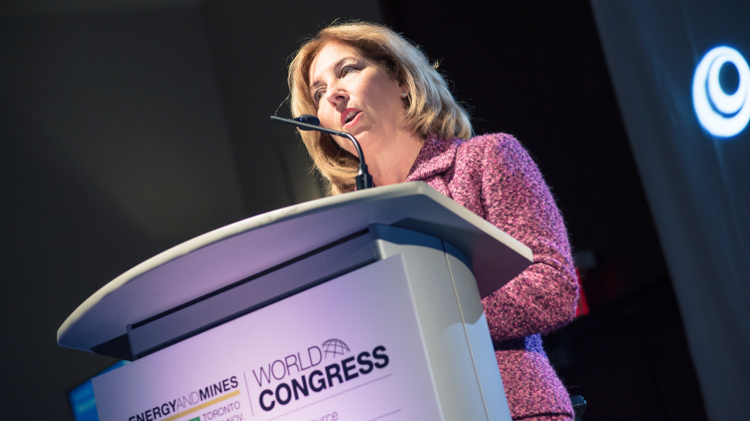A panel of industry, environmental and indigenous rights experts formed to review Canada’s environmental assessment processes began its three-month consultation period in mid- September, fulfilling a campaign promise the federal Liberals made in the 2015 election.
Environment Minister Catherine McKenna announced in mid-August that the panel would consist of Doug Horswill, retired senior vice-president of sustainability and external affairs at Teck Resources and the former deputy minister of mines for British Columbia; Renée Pelletier, managing partner at Olthuis, Kleer, Townshend LLP who specializes in aboriginal and treaty rights; Rod Northey, a member of Gowling WLG’s Environmental Law Group; and Johanne Gélinas, Canada’s former commissioner of environment and sustainable development.
During the campaign the Liberals promised to review both the 2012 Environmental Assessment Act and the National Energy Board (NEB), saying they wanted to make sure Canadians are “able to trust the government will engage in appropriate regulatory oversight, including credible environmental assessments.”
The Act, introduced in an omnibus bill, eased environmental assessment rules, reduced the scope and number of required assessments for projects, and allowed some federal departments – including the NEB – to issue project licenses and permits without a completed assessment.
The panel is hosting in-person events to engage with industry stakeholders, indigenous groups and the general public in 21 different locations across Canada between mid- September and mid-December. It will also accept written submissions and hold online engagement sessions.
The panellists will produce a report on their findings for the minister in January, which will include recommendations on amending the current environmental review system to ensure decisions serve the public’s best interest.
Another key focus is to ensure the new system provides better consultation and engagement options for Canadians, and specifically for indigenous groups. The current Act reduced public input on projects when it was implemented.
The Mining Association of Canada (MAC) is currently helping members prepare to meet with the panel. It wants the Act amended to allow the federal regulatory system to coordinate better with provincial environmental assessments. “The 2012 Act is far worse than its predecessor in terms of harmonising with the provinces,” said CEO Pierre Gratton, “which adds more time and resources, is more onerous for proponents, and more confusing for the public.”
He said he hopes the review will yield a new system that finds “better ways to identify the cumulative effects of different projects in a region.”
Environmentalists have also welcomed the review, looking for better safeguards for the environment and ecosystems.



